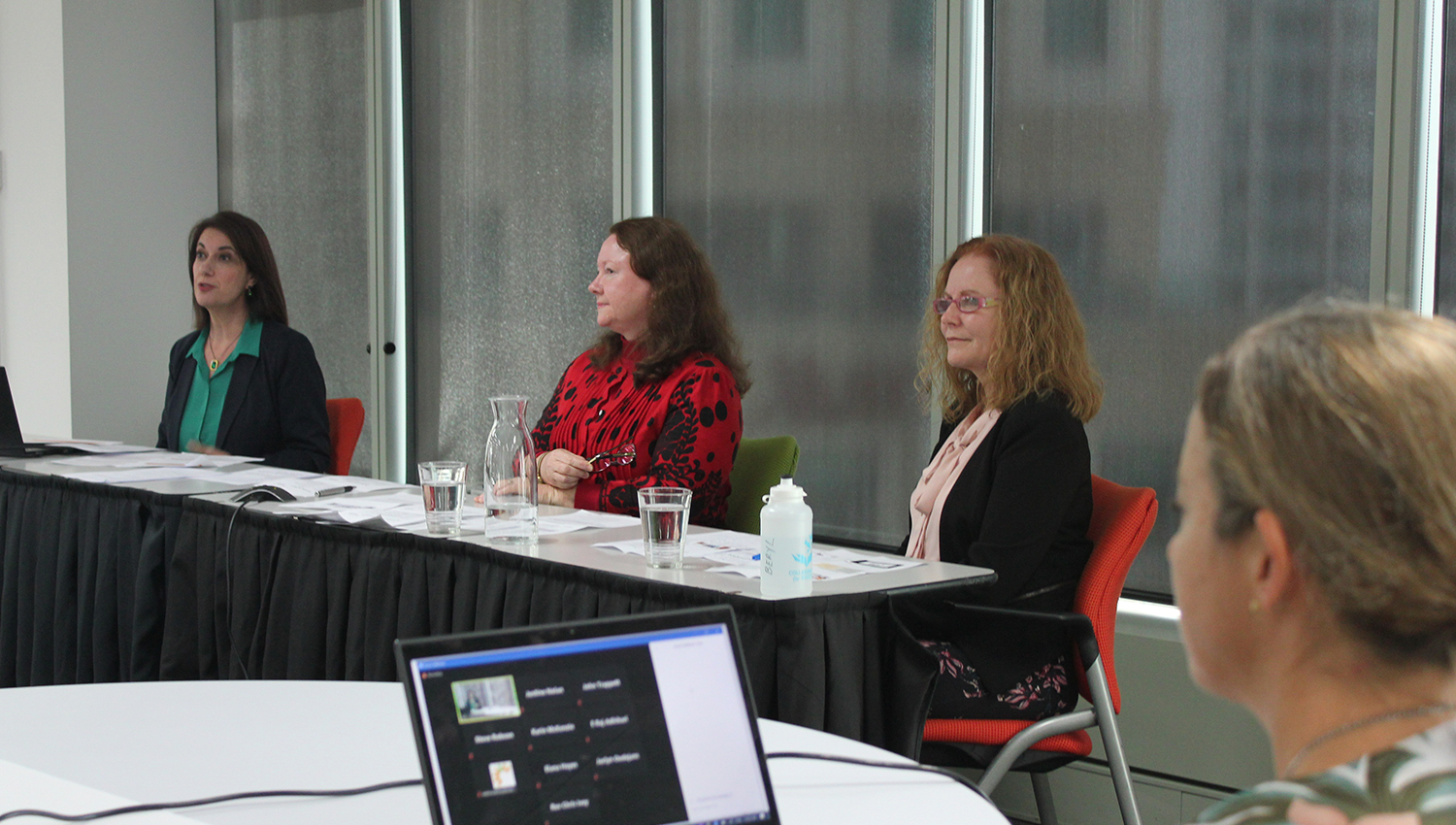The importance of schools engaging parents in their child’s education has been acknowledged in academic circles for more than 50 years.
Now, thanks to the COVID-19 ‘home learning period’, parents and educators are experiencing the powerful flow-on effects of parent engagement first-hand.
That was one of the take-home messages from an important webinar hosted in Brisbane yesterday (27 July 2020) by the Queensland Independent Schools Parents Network (QIS Parents Network) and Independent Schools Queensland (ISQ).
The webinar featured two of Australia’s leading academics in the area of parent engagement – Dr Linda Willis and Professor Beryl Exley from Griffith University – and presentations from school leaders, teachers and parents from Queensland independent schools, who confirmed the levels of respect and communication between parents and teachers had elevated as a result of the lockdown period.
Titled “COVID-19 Pivots Parent Engagement in Student Learning”, the webinar explored the many new techniques schools had used during home-learning to bring parents closer to their child’s learning – and how positively parents had responded to those welcoming initiatives.
The webinar is part of a broader joint project by ISQ and the QIS Parents Network to support community and parent engagement in independent schools.
Keeping momentum high
Dr Willis [pictured centre], who taught in primary and middle years classrooms in Queensland schools for more than 20 years, has a PhD in parent engagement, and now collaboratively leads ground-breaking research on the topic, said parent engagement had suddenly taken centre stage out of necessity during home-learning, and it was important to not let momentum slip.
“Not only did it put the engagement of parents in their child’s learning centre stage, but also the important role technology can play in bringing them together in new, positive and parent-friendly ways,” Dr Willis said.
“Parents, like some teachers, were forced to familiarise themselves quickly with technology or to engage via phone with their teachers in order to access how their child would continue to learn outside the face-to-face classroom environment,” she said.
“Green shoots, silver linings and pivots have emerged from this pandemic, particularly in the area of parent engagement in learning. The next challenge for schools will be to build on the energy, goodwill and ideas from this period and take the best of what works forward.”
Open communication now the norm
Concordia Lutheran College in Toowoomba was one of the schools to share its home learning lessons at the webinar. Head of Mathematics, Karin McKenzie told the webinar parents and teachers were communicating more regularly and openly.
“We were in their homes and they were in our classrooms,” Ms McKenzie says.
“During the home learning period we may have been on a Teams meeting with a student and their parent may have been in the room and could lean in to see us interacting or to ask a question,” she says.
“We’ve gone from a very formal environment of parent-school interactions to one that’s less formal. I have parents who will now email and say ‘can I please have a Zoom or a Teams meeting?’ That’s something that wouldn’t have happened in the past. We’ve built some incredible relationships.
“This has created a new normal and a new standard of availability between parents and teachers.”
Case study: Read about how COVID-19 changed home-family relationships for the better at St Andrews Anglican College on the Sunshine Coast.
A short history on ‘parent engagement’
In the past, parents were often only invited to participate in schools by volunteering for working bees or helping in the tuckshop.
But over 50 years of research has redefined parent engagement as when parents take a keen interest in what their child is learning at school and then help their child continue and extend that learning through conversations, questions and support.
Research – both in Australia and overseas – shows that when parents are engaged in their child’s learning in this way, the effect on them is overwhelmingly positive.
Students have been shown to do better academically, stay in school longer, be more engaged in their homework, behave better, have better social skills, be more motivated to learn, and go on to higher study.
It has also been shown to add up to two years to a child’s learning achievement and is a better indication of academic success than social-economic status.
Find out more about the research into parent engagement
Read more about parent engagement in our most recent story.
Download our one-page factsheet on parent engagement.
Read about the partnership between Queensland Independent Schools Parents Network and Independent Schools Queensland to develop an overarching Parent and Community Engagement Strategy for member schools.
Read in detail about parent engagement and how schools can implement effective strategies in the recently released report The Parent Engagement Implementation Guide by Australian Research Alliance for Children and Youth (ARACY).
There is a rich well of information and research about parent engagement on our website.
There are also many wonderful websites with tips and advice for parents who want to connect school learning with life at home, which we have compiled on our website.




